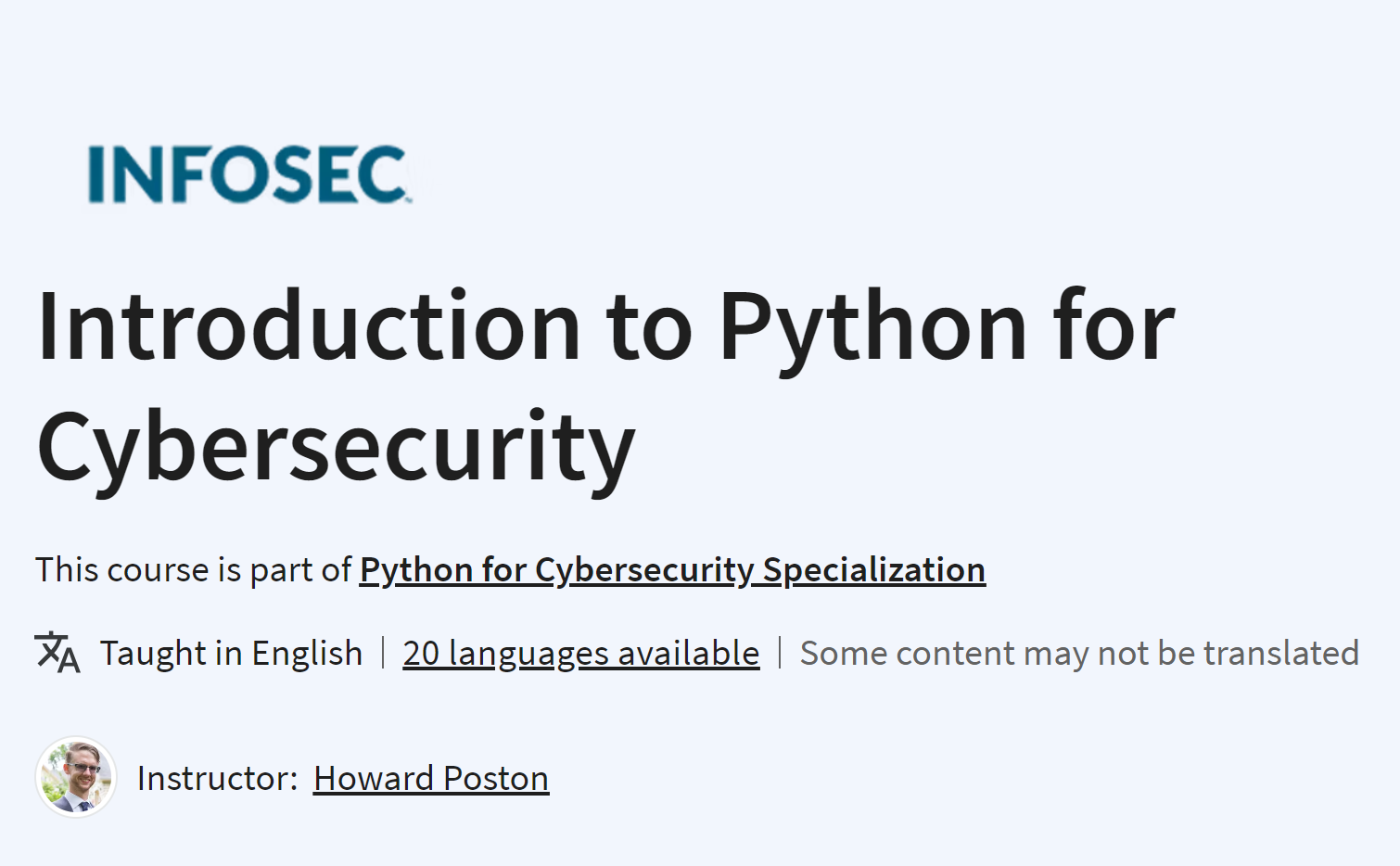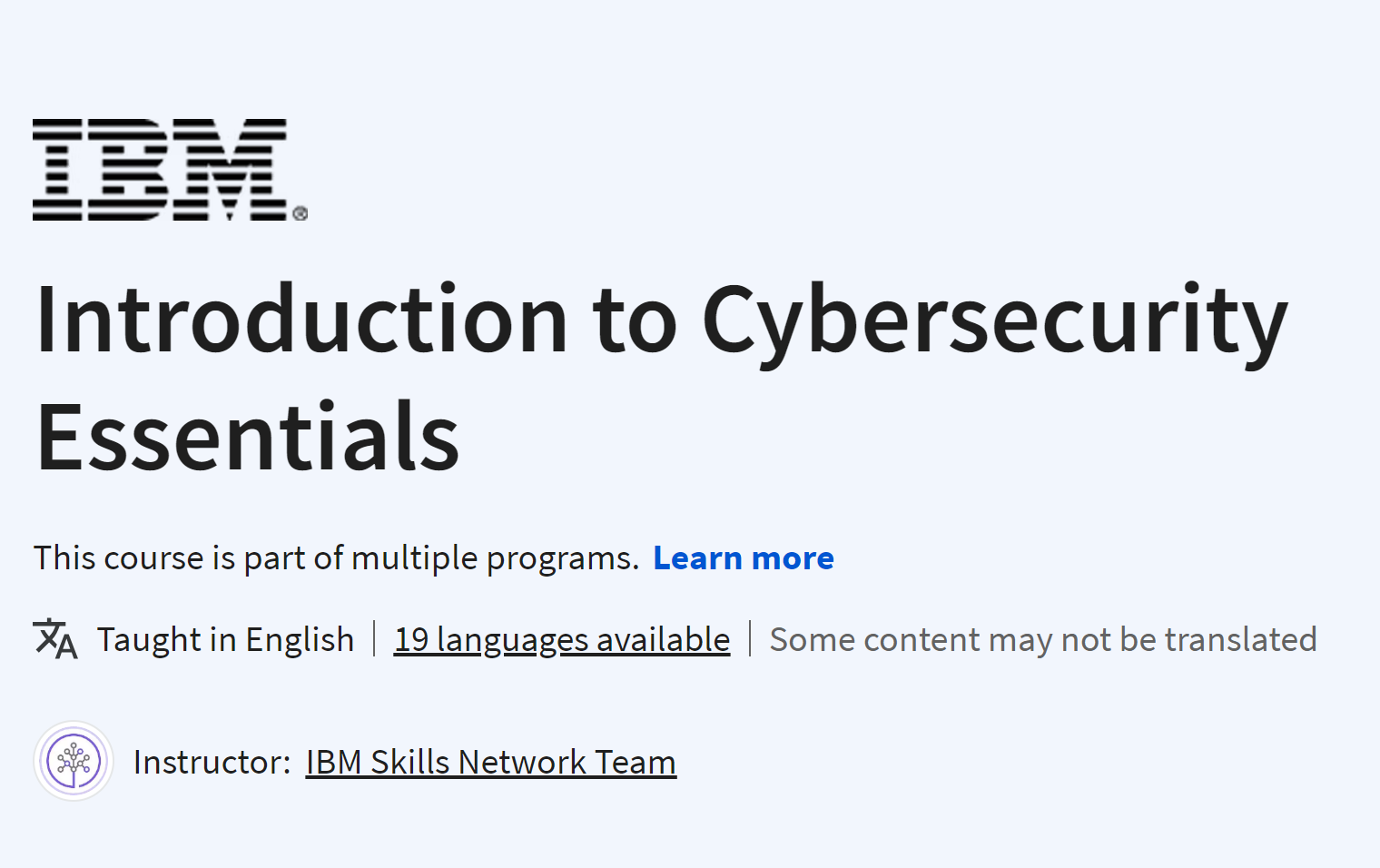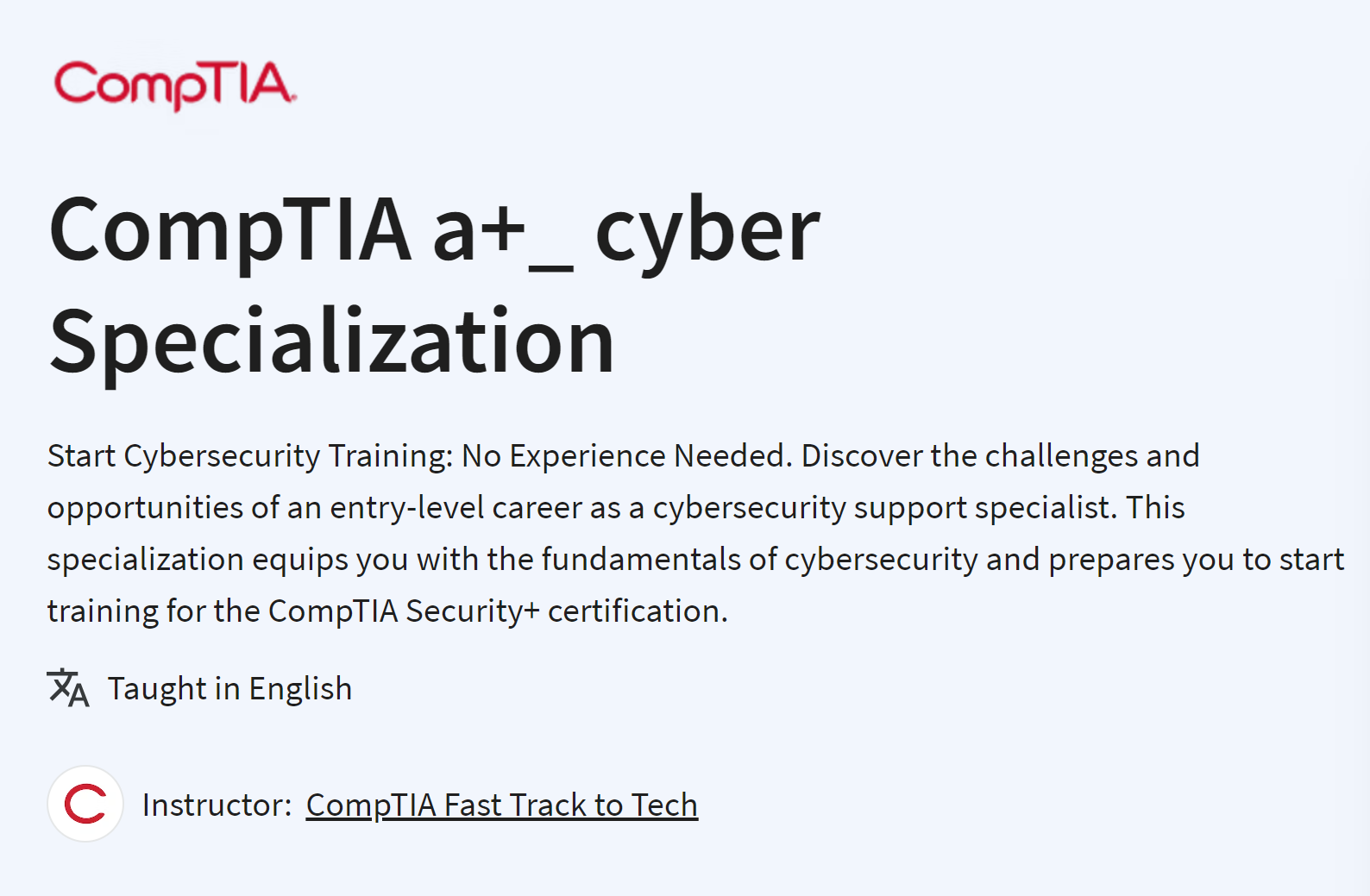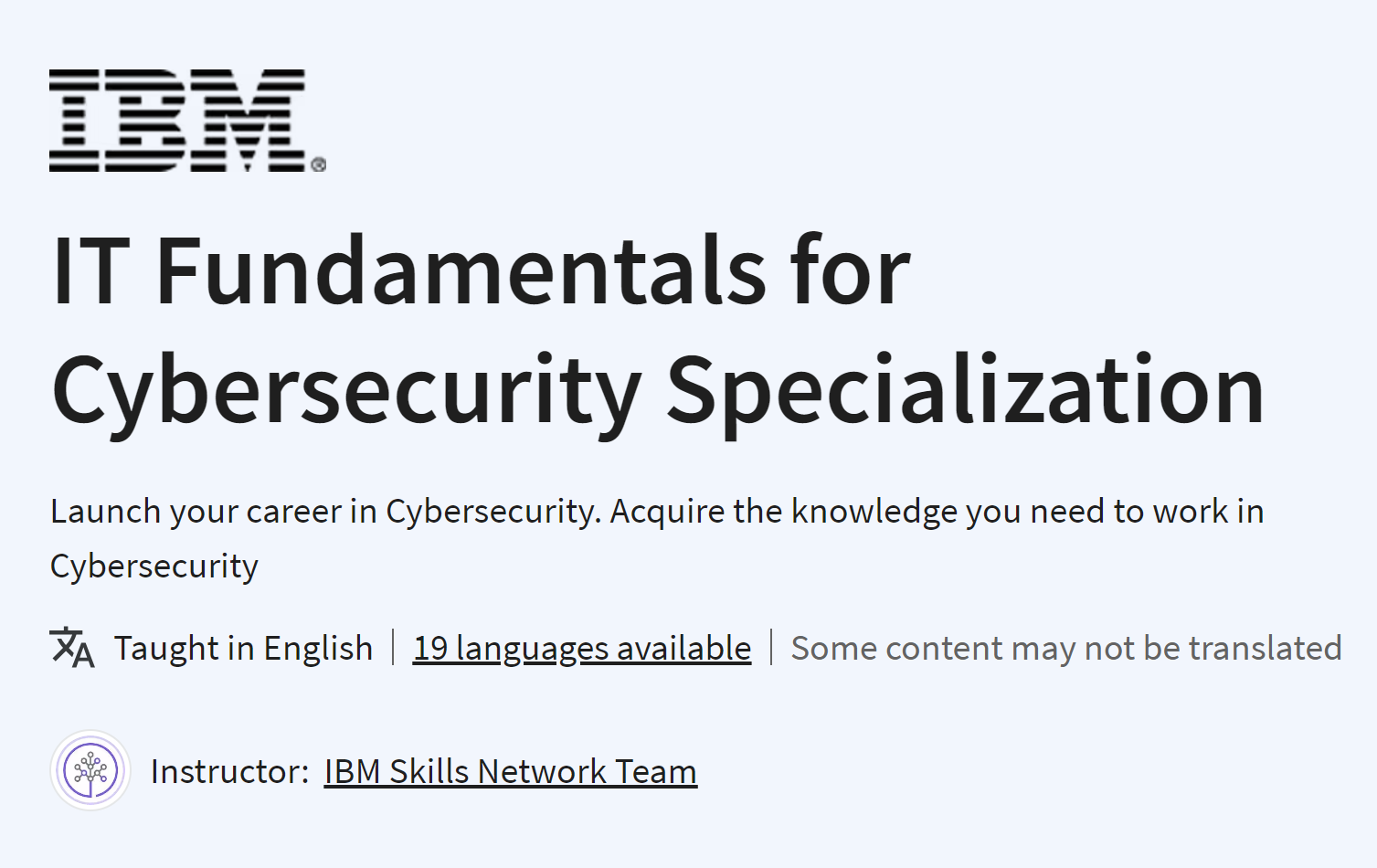
Machine Learning and Emerging Technologies in Cybersecurity

Python Developer January 23, 2025 Coursera, Cybersecurity, Machine Learning No comments

Python Coding February 20, 2024 Coursera, Cybersecurity, Python No comments

Python Coding February 20, 2024 Coursera, Cybersecurity, Python No comments

Python Coding February 20, 2024 Cybersecurity, Python No comments

Python Coding February 20, 2024 Cybersecurity, IBM No comments

Python Coding February 15, 2024 Cybersecurity, Python No comments

Python Coding December 18, 2023 Coursera, Cybersecurity No comments

Python Coding December 18, 2023 Coursera, Cybersecurity, IBM No comments

Python Coding December 18, 2023 Coursera, Cybersecurity No comments

Python Coding December 18, 2023 Coursera, Cybersecurity No comments

Python Coding December 18, 2023 Coursera, Cybersecurity No comments

Python Coding December 17, 2023 Coursera, Cybersecurity No comments

Python Coding December 17, 2023 Coursera, Cybersecurity No comments

Python Coding December 17, 2023 Coursera, Cybersecurity No comments

Python Coding December 17, 2023 Coursera, Cybersecurity, Google No comments

Python Coding December 17, 2023 Coursera, Cybersecurity No comments
Python Coding December 17, 2023 Coursera, Cybersecurity No comments

Python Coding December 17, 2023 Coursera, Cybersecurity No comments

Python Coding December 14, 2023 Cybersecurity No comments

Python Coding November 16, 2023 Course, Cybersecurity, Google No comments

Free Books Python Programming for Beginnershttps://t.co/uzyTwE2B9O
— Python Coding (@clcoding) September 11, 2023
Top 10 Python Data Science book
— Python Coding (@clcoding) July 9, 2023
🧵:
Top 4 free Mathematics course for Data Science ! pic.twitter.com/s5qYPLm2lY
— Python Coding (@clcoding) April 26, 2024
Web Development using Python
— Python Coding (@clcoding) December 2, 2023
🧵: